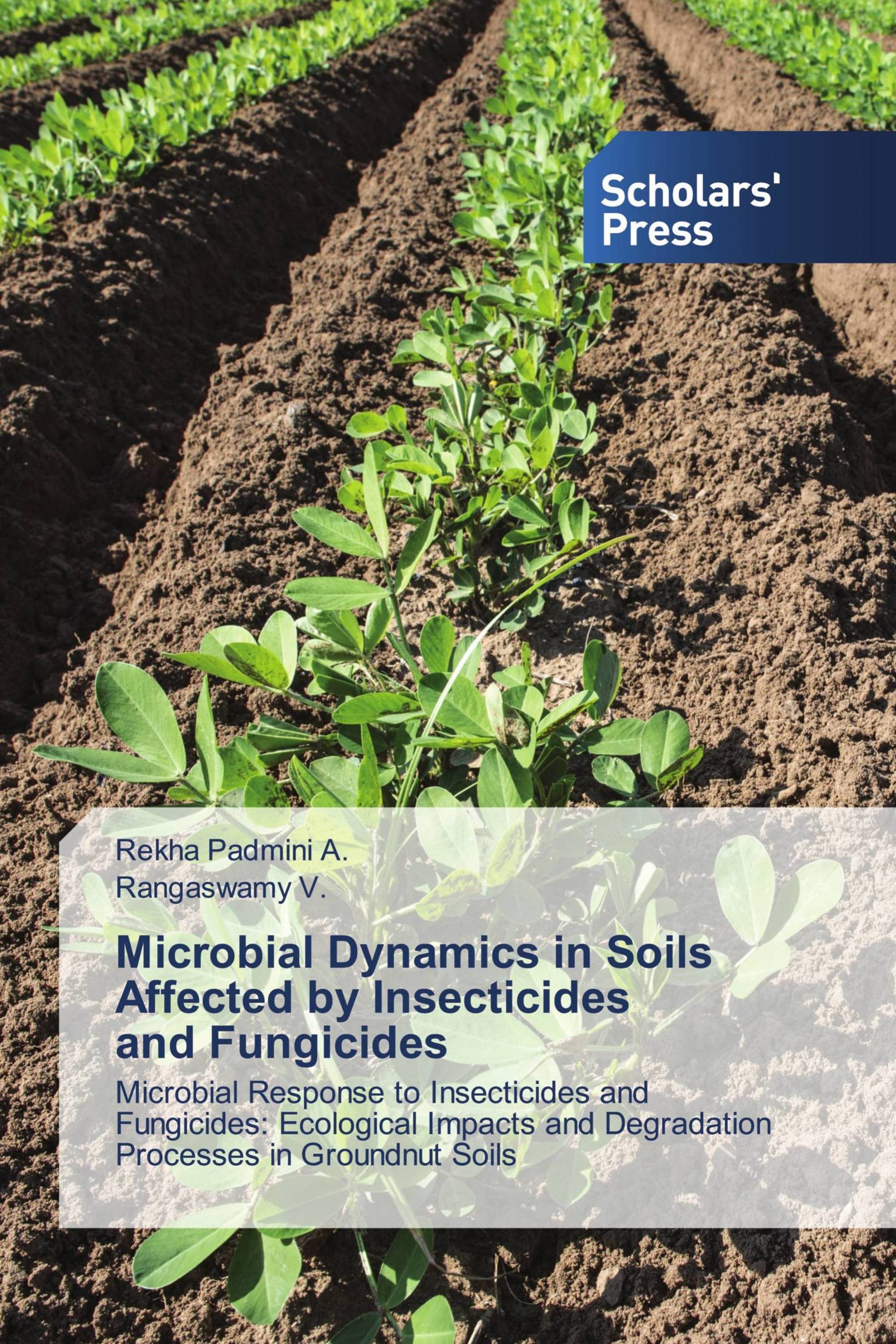Microbial Dynamics in Soils Affected by Insecticides and Fungicides
Microbial Response to Insecticides and Fungicides: Ecological Impacts and Degradation Processes in Groundnut Soils
International Research Press ( 17.09.2024 )
€ 104,90
Agriculture, India's economic backbone, supports 54.6% of its population. Groundnut, a vital oilseed, relies heavily on pesticides to combat pests. Globally, billions are spent on pesticides, but only a small fraction reaches target pests, contaminating the soil. Pesticides can hinder soil enzyme activity, crucial for soil health. However, microbes can degrade pesticides, potentially increasing their populations and activity.Recent studies using molecular techniques explore these effects. Research on common pesticides found increased beneficial bacteria like Azospirillum and nitrifiers in groundnut fields, even after repeated applications. Ammonification and nitrification rates improved at moderate doses, but higher levels reduced nitrogen mineralization.Pesticide application at moderate levels also boosted bacterial, fungal, and actinomycete populations, along with key soil enzymes. Yet, excessive doses (7.5-10 kg/ha) proved toxic or had minimal impact. The rapid microbial degradation of pesticides highlights their influence on soil microbial dynamics.Understanding this interplay between pesticides, soil microbes, and ecosystem processes is essential for sustainable agriculture.
Détails du livre: |
|
|
ISBN-13: |
978-620-6-77404-4 |
|
ISBN-10: |
620677404X |
|
EAN: |
9786206774044 |
|
Langue du Livre: |
English |
|
de (auteur) : |
Rekha Padmini A. |
|
Nombre de pages: |
260 |
|
Publié le: |
17.09.2024 |
|
Catégorie: |
Microbiologie |



